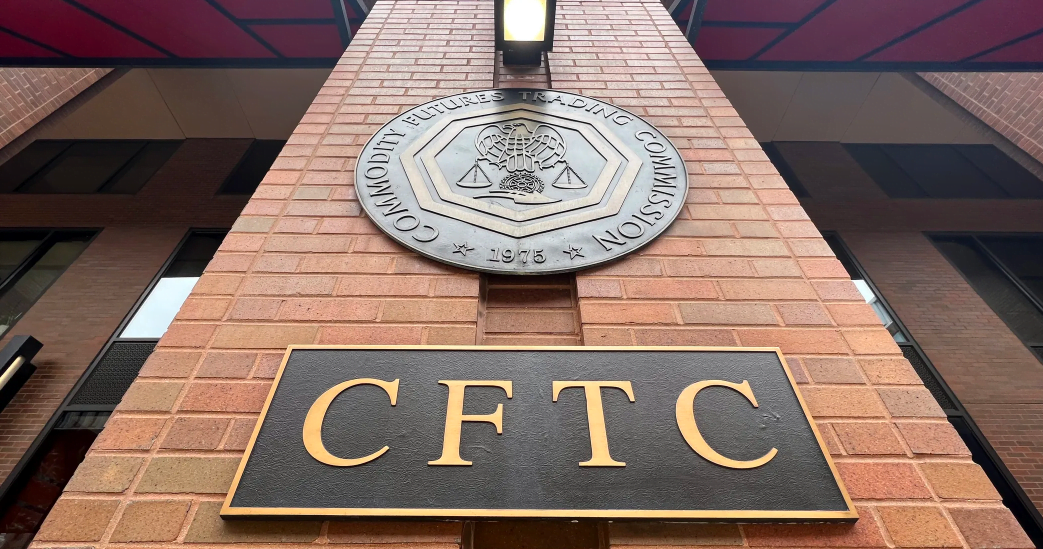Christy Goldsmith Romero, a CFTC Commissioner, has proposed the establishment of a federal deception repository. This repository would serve as a resource for investors, allowing them to identify individuals with questionable reputations.
The registry aims to provide both investors and law enforcement with easy access to information. This information would encompass prior convictions for financial deception and details about monetary penalties as reported by Reuters.
Envisioned as a centralized and easily searchable repository of financial wrongdoing, this database would, ultimately, grant the public the ability to safeguard themselves against deceptive practices.
Notably, CFTC Commissioner, Goldsmith Romero underscored the necessity for an exhaustive dossier, enabling individuals to readily verify the trustworthiness of those to whom they contemplate entrusting their finances, faith, and commercial interests.
CFTC Commissioner Calls for National Consumer Fraud Registry to Combat Swindlers
While a few regulatory bodies maintain records of punitive actions or grievances filed by consumers, presently, no nationwide database exists that facilitates efficient cross-referencing among federal entities and state overseers.
The inception of a centralized registry would not solely streamline public access to information but also empower the government to spot recurrent offenders, serving as a deterrent to prospective swindlers.
Goldsmith Romero initially put forward the concept of this registry several years ago while overseeing a pivotal financial crisis bailout program in 2009. Since assuming her role as a CFTC commissioner in March 2022, she has resurrected the proposal, accentuating its pertinence to the cryptocurrency sector.
Goldsmith Romero Highlights the Pervasiveness of Deception in Crypto

Goldsmith Romero also alluded to the widespread prevalence of deception within the realm of cryptocurrency and the fragmentary nature of the accessible information in an interview with Reuters.
“This is something I recently revisited with respect to cryptocurrencies,” she remarked. “We are cognizant that deceit is considerably rampant in the cryptocurrency sphere, but the available information is exceedingly disjointed.”
However, Goldsmith Romero acknowledged the challenges associated with establishing such a repository. Determining a solitary agency to oversee the repository and securing the essential initial funding would pose substantial obstacles.
Notwithstanding these hurdles, her proposal aspires to rectify the fragmented information landscape and promote the safeguarding of investors in an epoch where deceit continues to be a substantial concern.
The plea for a deception repository coincides with ongoing cryptocurrency breaches remaining a prominent issue in the domain of digital assets.
Thus far this year, Web3 platforms have incurred losses exceeding $1.2 billion due to breaches and fraudulent schemes, as per a report from the Web3 bug bounty platform Immunefi.
The report disclosed a total of 211 distinct occurrences contributing to this colossal sum, with the month of August alone accounting for $23.4 million in losses.
Read More:
Tron Founder Justin Sun Considers Bidding for FTX Assets
Ex-PayPal President Explores Bitcoin’s Potential as a Global Payment Network

